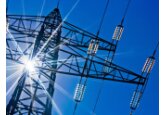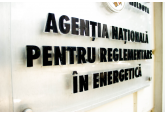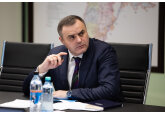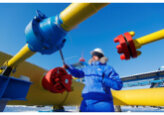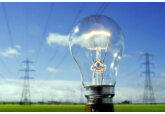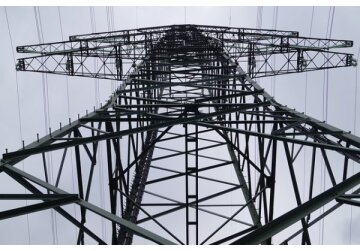
The European Union is studying the possibility of urgent synchronization of the energy systems of Ukraine and Moldova with the European one.
This was stated by the Minister of Energy of Romania Virgil Popescu after an extraordinary meeting of the Energy Council held in Brussels, convened by the French Presidency of the EU at the request of Romania, Greece and Bulgaria, against the backdrop of the crisis in Ukraine, which seriously affected the situation with energy and gas prices in Europe. Virgil Popescu noted that the situation in Ukraine is critical, and the EU countries have begun to provide assistance to Ukraine in accordance with the real needs on the ground and call for a coordinated approach at the EU level. Currently, the energy systems of Ukraine and Moldova operate in isolation from other neighboring energy systems and are disconnected from the energy systems of Russia and Belarus. In this context, the EU countries emphasized the importance of giving priority to the synchronization of the energy system of Ukraine and Moldova with the European one, at the direct request of Romania. “The technical conditions for such an emergency synchronization are currently being analyzed,” said the Romanian Minister of Energy. According to him, both in Romania and in the EU countries, the situation with energy supplies is stable, without risks for this winter, and the EU is ready to activate contingency plans if the situation requires it. The Romanian minister noted that preparing for next winter is a priority, saying he supports maximizing the use of storage facilities and exploring alternative supply routes. According to him, Romania supports the strategic partnership between the EU and Azerbaijan and the commissioning of the Southern Gas Corridor, including the BRUA project. In response to rising energy and natural gas prices, Romania will extend support measures to the population and the business community from April 1, 2022. EU countries, including Romania, have asked the European Commission for additional measures to protect vulnerable populations and European industry, in addition to a set of tools published in October 2021. “In the medium to long term, it is important to diversify sources of supply to reduce dependence on imports from Russia, continue to invest in new low-carbon energy opportunities, energy efficiency and interconnections at the EU level,” said Virgil Popescu. // 01.03.2022 - InfoMarket


